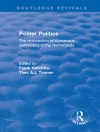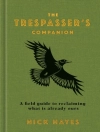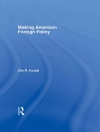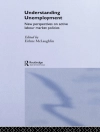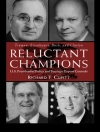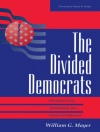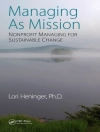Make working in the field of corrections more understandable with this unique, insightful collection of essays that connects scholarship and practice
Written by scholars who have practical experience in corrections, the readable essays in this one-of-a-kind collection draw on real-world experiences to illustrate theoretical and methodological concepts and demonstrate approaches to corrections practice. Spanning the three general types of correctional environments—incarceration, community corrections, and juvenile corrections—the essays discuss working in prisons or prison systems, juvenile residential and community corrections, and probation and parole.
Table of Content
1. Introduction: Connecting Academics and Practice in Corrections
2. Looking Back: Reflections of a Probation and Parole Officer – John Fuller
3. Presentence Officers as Beasts of Burden: Coping with Drug Mule Cases in an Age of Punitive Sentencing – Staci Strobl
4. Experiencing the ISP Movement: The Good, the Bad and the Ugly – Eric Wodahl
5. Patient Evaluations R Us: The Dynamics of Power Relations in a Forensic Psychiatric Facility from the Bottom Up – Jeffrey Ross
6. Re-discovering Possibility: Humanistic Psychology and Offender Treatment – David Polizzi
7. Administrative Work in Institutional Corrections – Kelly Cheeseman Dial
8. The Experiences of an Outsider Spending Time Inside – Gennifer Furst
9. Learning Corrections – Linking Experience and Research – Lucien Lombardo
10. Corrections: Experiences in State Parole – Tiffiney Barfield-Cottledge
11. An Attempt to Change Disproportionate Minority Contact by Working in Youth Corrections – Robert Duran
12. Helping Residential Youth Pursue Their Interests: Good for Youth and the Youth Worker – Lee Michael Johnson
13. Experiencing the Parallels Between Juvenile and Adult Community Corrections – Cassandra Reyes
14. Working with Minority Juveniles in Residential Treatment – Everette Penn
15. Working in Corrections and Teaching about the Field: A Short-Term Insider′s Perspective – N. Prabha Unnithan
16. Experiencing the Criminal Justice System: Lessons for Later Criminological Understanding – Robert Meier and Teresa Smith
17. Conclusion: An Essay on the Essays
About the author
Lee Michael Johnson is an assistant professor of criminology at the University of West Georgia. He earned a Ph D in Sociology from Iowa State University, and his background includes work with behavior-disordered and delinquent youth in residential treatment. His research and writing interests are in juvenile delinquency, victimology, and criminal justice policy and practice, and he has published articles in journals such as Youth and Society, Journal of Social Psychology, Czech Sociological Review, Southwest Journal of Criminal Justice, and the International Journal of Criminal Justice Sciences. Dr. Johnson regularly teaches juvenile delinquency, victimology, family violence, race and crime, and research methods courses.


